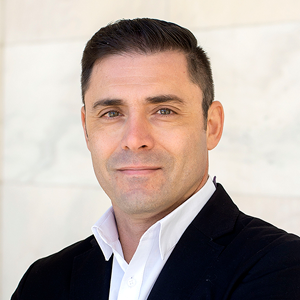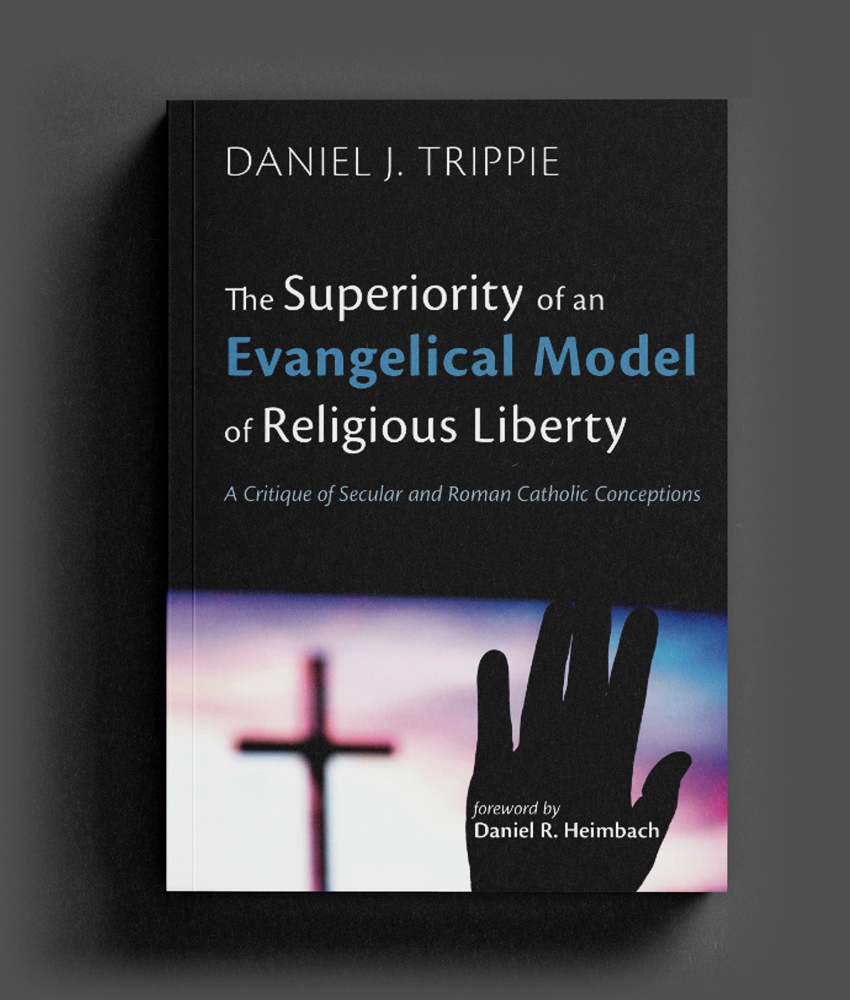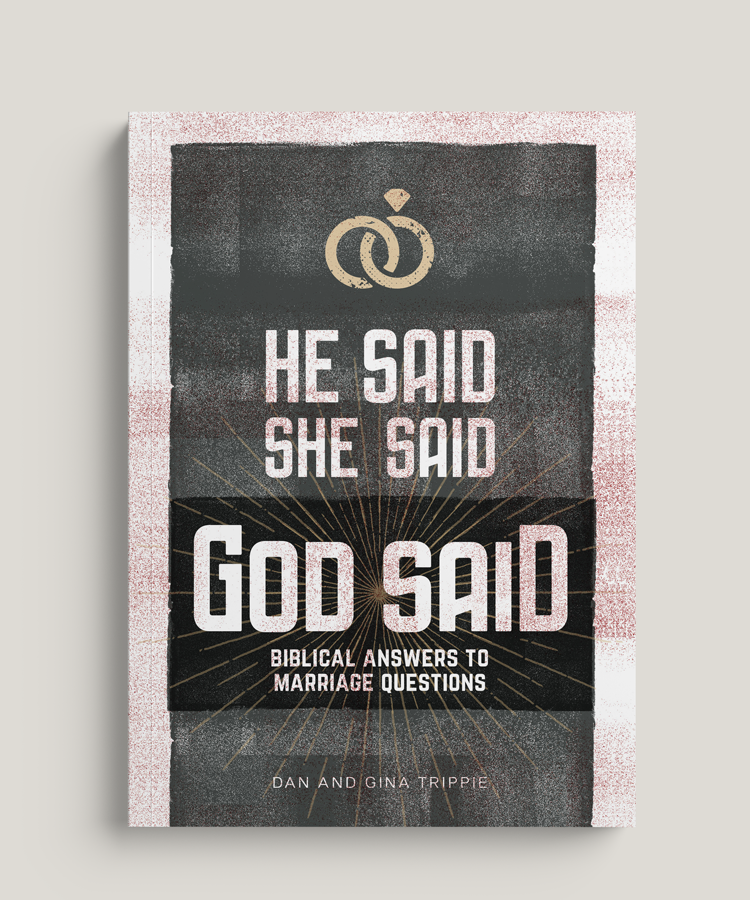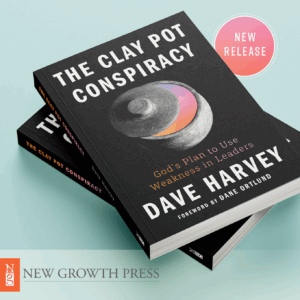Conflict is the spirit of our age. It fills our news feeds while emptying our souls. Conflict is a leading contributor to mental and emotional stress, which often leads to decreased physical health. According to a study by Nunzia Nappo, there is a strong correlation between interpersonal conflict, employee burnout, and worker retention rates. It’s not a mystery that conflict touches every aspect of our human experience.
But conflict is not necessarily a bad thing. It can spark innovative ideas that lead to profitable change. In Patrick Lencioni’s The Five Dysfunctions of a Team, he argues that conflict unearths honest concerns and opinions, which, when appropriately shared, lead to new ideas and stronger team dynamics.
So, how can we participate in productive conflict? People who engage in constructive conflict work to instill four essential virtues in their lives.
Truth
First, good conflict requires truthfulness. Often, we experience conflict because we want something and are not getting it. And we are not getting what we want because we usually fail to speak up. For instance, you might desire to be the lead on a project, but you do not make your desire known for fear of coming across too forward. We believe we are the most qualified to handle the project, but we don’t communicate our desire; thus, our beliefs and actions are not congruent. In this case, the conflict remains internal. However, unresolved internal conflict inevitably turns into resentment, which often leaks out in passive aggression. We frequently do not have the thing we want because we do not truthfully communicate our desires. People who engage in good conflict honestly communicate their desires. Often we do not have the thing we desire because we do not ask.
Mercy
Second, people who engage in constructive conflict grow the virtue of mercy, which is rooted in compassion and empathy. We grow in mercy when we learn to understand the interests of others. For example, using the earlier example, we may make our desires known regarding a position, but we do so incorrectly—we don’t consider the interests of others or the organization. The best way to grow in mercy is to listen carefully to what is more meaningful to others. Sometimes, we have conflict because we do not ask (we are not truthful) or ask wrongly (we don’t consider what is most important to the other parties involved.) People who unleash conflict’s positive power grow in their capacity for mercy.
Justice
Third, people skilled in conflict practice the virtue of justice. Justice is the virtue of treating equal things equally—or, as philosopher Peter Kreeft says, “giving a thing what is rightly due.” People who engage in constructive conflict avoid zero-sum games (if you win, someone must necessarily lose.) Instead, people skilled in good conflict tirelessly seek to create areas where everyone’s interests are satisfied. In the case of wanting the project lead role, is there space for creative collaboration where overlapping takes precedence? People skilled in constructive conflict press into truth and mercy to find just solutions that serve the greater good.
Peace
Fourth, people who leverage conflict for good are committed to harmony. Harmony is the virtue that seeks peace wherever it is possible. Peace does not paste over difference; peace acknowledges the difference in a manner that keeps greater goals in view. The people best equipped to manage conflict are those who accept responsibility for managing their emotions and, above all, seek to live peaceably amid difference wherever possible. People schooled in constructive conflict take every opportunity to train their own reactivity.
Conflict is the spirit of the age, but it doesn’t have to be toxic. The best leaders commit to cultivating habits that increase virtue. Conflict can be good if we get good at it.










One Reply to “Chaotic or Creative? How to Have Better Conflict”
Hey Dan, you always seemed like the kind of person who would do great things and make a difference!